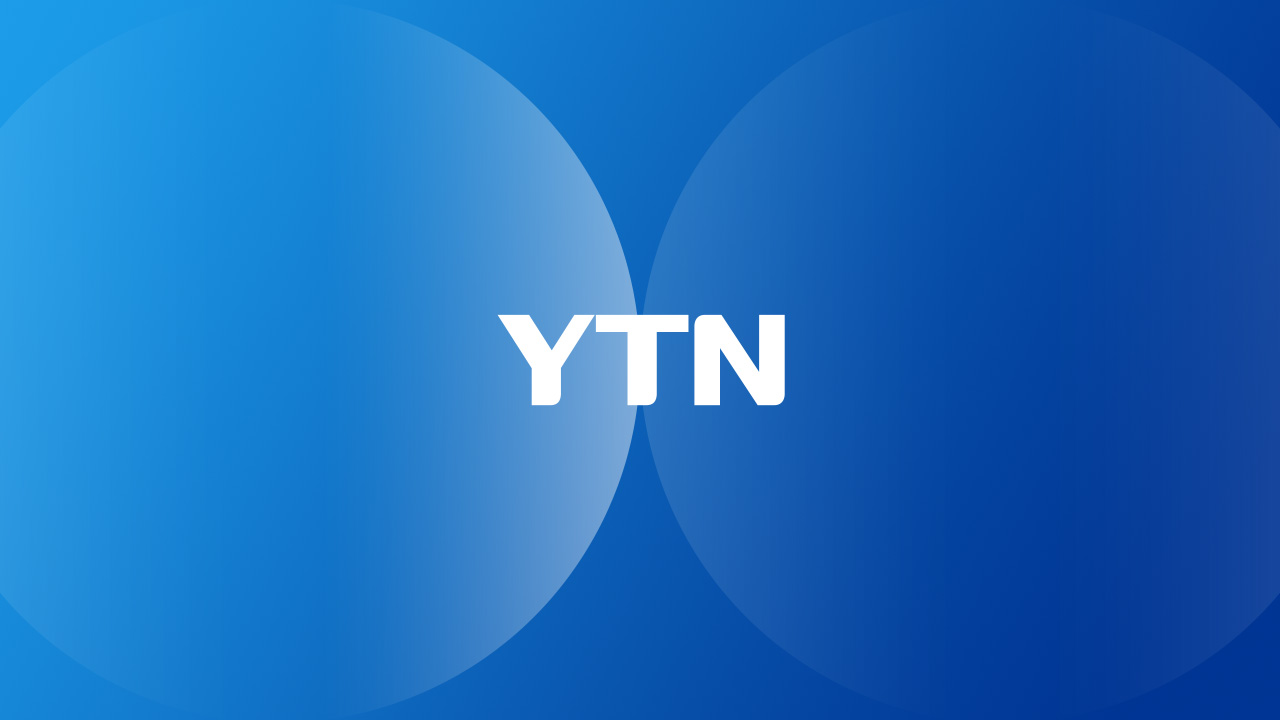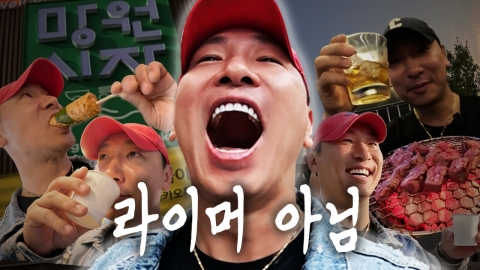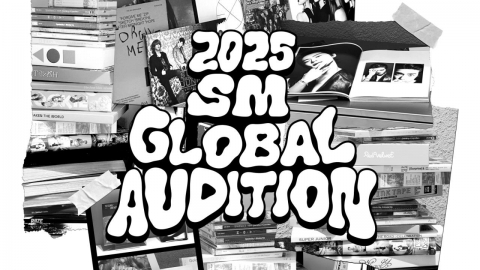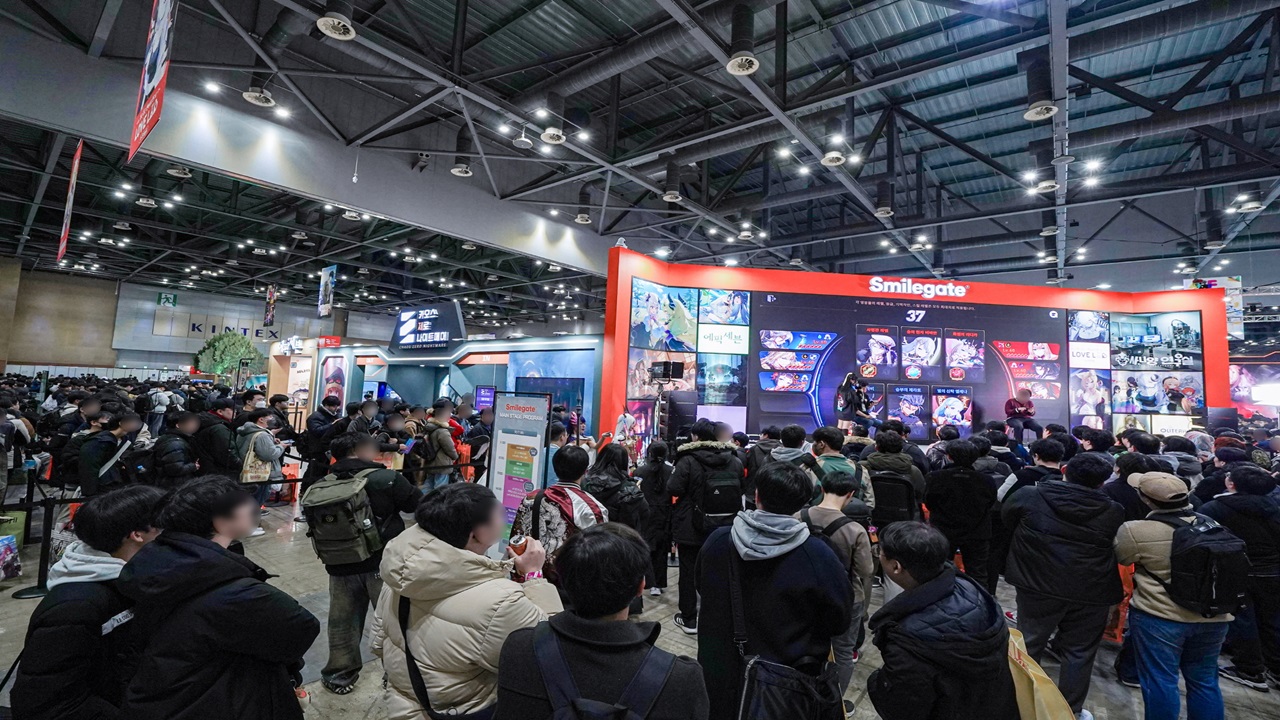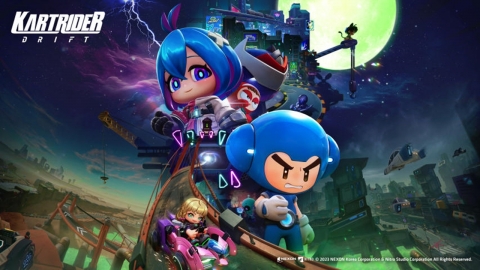In unison, "high-level governance"... "Jeon Doo-hwan claims the new military."
President Yoon said, "It's like declaring martial law, exercising amnesty and diplomatic rights."
' Presidential act of governing...Not subject to judicial review"
Yoon Sang-hyun discusses 1997 Supreme Court case...the civil war incident of Chun Doo-hwan.
' Presidential act of governing...Not subject to judicial review"
Yoon Sang-hyun discusses 1997 Supreme Court case...the civil war incident of Chun Doo-hwan.
[Anchor]
Following Rep. Yoon Sang-hyun, the People's Power, President Yoon Suk Yeol emphasized that declaring emergency martial law is a high-level act of governance that is not subject to judicial review.
It was a claim made by Chun Doo-hwan's new military during the December 12 military revolt and the May 18 insurrection trial, and the Supreme Court ruled that legal punishment is possible if it is for the purpose of "state constitutional disorder."
I'm reporter Na Hye-in.
[Reporter]
The president of Yoon Suk Yeol claimed that the president's declaration of emergency martial law is equivalent to the exercise of amnesty or diplomatic power.
As it is the president's act of governance, it cannot be subject to judicial review from the beginning.
[Yoon Suk Yeol / President: The emergency martial law measures exercised by the President's legal authority are a high degree of political judgment by the President....]
In the National Assembly, it is in the same vein as lawmaker Yoon Sang-hyun's argument, which caused a controversy by citing the Supreme Court precedent.
[Yoon Sang-hyun / Member of the People's Power (11th): According to the Supreme Court case in 1997, emergency martial law is considered to be a highly political and governmental act. Refrain from judicial review (in this regard) while respecting the president's powers....]
[Won-Sik Woo / Speaker of the National Assembly (11th): The military has entered the National Assembly with guns. Does it make sense to talk about it as an act of governance?]
The 1997 case mentioned by lawmaker Yoon is the Supreme Court's en banc ruling on the December 12 military revolt and the May 18 civil war by Chun Doo-hwan's new military.
At that time, the new military claimed that the expansion of the May 17 emergency martial law was not subject to judicial review because it was an act of governance during the Gwangju Democratization Movement in 1980.
The Supreme Court acknowledged that the declaration of emergency martial law was a high-level political act by the president, but did not accept it, saying that the judiciary could examine it if the purpose was a state constitution scandal.
He punished the New Military for rebellion, saying that it is not acceptable to act that does not follow the democratic procedures set forth in the Constitution and makes it impossible for constitutional institutions to exercise their power by violence.
Of course, it is difficult to simply compare the civil war of the new Chun Doo-hwan military with this emergency martial law.
[Yoon Suk Yeol / President: I immediately accepted the National Assembly's call to lift it.]
However, the incumbent Supreme Court justice already believes that unconstitutionality is recognized.
[Cheon Dae-yeop / Chief of Court Administration of the Supreme Court (11th): We are evaluating that the constitutional order has been restored early due to the unconstitutional exercise of military leadership, the exercise of constitutional and timely resistance by the Congress, and the citizens' willingness and efforts to protect the constitution.]
Whether the martial law crisis was a civil war that shook the constitutional order or whether the political push for impeachment was a frantic sword dance to bring down the president, as the president said, judicial judgment is inevitable.
I'm Na Hye-in from YTN.
Photographer: Lee Sang-chang
Video editing: Im Jong-moon
Design: Im Saetbyul
※ 'Your report becomes news'
[Kakao Talk] YTN Search and Add Channel
[Phone] 02-398-8585
[Mail] social@ytn.co.kr
Following Rep. Yoon Sang-hyun, the People's Power, President Yoon Suk Yeol emphasized that declaring emergency martial law is a high-level act of governance that is not subject to judicial review.
It was a claim made by Chun Doo-hwan's new military during the December 12 military revolt and the May 18 insurrection trial, and the Supreme Court ruled that legal punishment is possible if it is for the purpose of "state constitutional disorder."
I'm reporter Na Hye-in.
[Reporter]
The president of Yoon Suk Yeol claimed that the president's declaration of emergency martial law is equivalent to the exercise of amnesty or diplomatic power.
As it is the president's act of governance, it cannot be subject to judicial review from the beginning.
[Yoon Suk Yeol / President: The emergency martial law measures exercised by the President's legal authority are a high degree of political judgment by the President....]
In the National Assembly, it is in the same vein as lawmaker Yoon Sang-hyun's argument, which caused a controversy by citing the Supreme Court precedent.
[Yoon Sang-hyun / Member of the People's Power (11th): According to the Supreme Court case in 1997, emergency martial law is considered to be a highly political and governmental act. Refrain from judicial review (in this regard) while respecting the president's powers....]
[Won-Sik Woo / Speaker of the National Assembly (11th): The military has entered the National Assembly with guns. Does it make sense to talk about it as an act of governance?]
The 1997 case mentioned by lawmaker Yoon is the Supreme Court's en banc ruling on the December 12 military revolt and the May 18 civil war by Chun Doo-hwan's new military.
At that time, the new military claimed that the expansion of the May 17 emergency martial law was not subject to judicial review because it was an act of governance during the Gwangju Democratization Movement in 1980.
The Supreme Court acknowledged that the declaration of emergency martial law was a high-level political act by the president, but did not accept it, saying that the judiciary could examine it if the purpose was a state constitution scandal.
He punished the New Military for rebellion, saying that it is not acceptable to act that does not follow the democratic procedures set forth in the Constitution and makes it impossible for constitutional institutions to exercise their power by violence.
Of course, it is difficult to simply compare the civil war of the new Chun Doo-hwan military with this emergency martial law.
[Yoon Suk Yeol / President: I immediately accepted the National Assembly's call to lift it.]
However, the incumbent Supreme Court justice already believes that unconstitutionality is recognized.
[Cheon Dae-yeop / Chief of Court Administration of the Supreme Court (11th): We are evaluating that the constitutional order has been restored early due to the unconstitutional exercise of military leadership, the exercise of constitutional and timely resistance by the Congress, and the citizens' willingness and efforts to protect the constitution.]
Whether the martial law crisis was a civil war that shook the constitutional order or whether the political push for impeachment was a frantic sword dance to bring down the president, as the president said, judicial judgment is inevitable.
I'm Na Hye-in from YTN.
Photographer: Lee Sang-chang
Video editing: Im Jong-moon
Design: Im Saetbyul
※ 'Your report becomes news'
[Kakao Talk] YTN Search and Add Channel
[Phone] 02-398-8585
[Mail] social@ytn.co.kr
[Copyright holder (c) YTN Unauthorized reproduction, redistribution and use of AI data prohibited]
Editor's Recomended News
The Lastest News
-
ECB cuts interest rate by 0.25%p..."Growth momentum is dampened".
-
재생
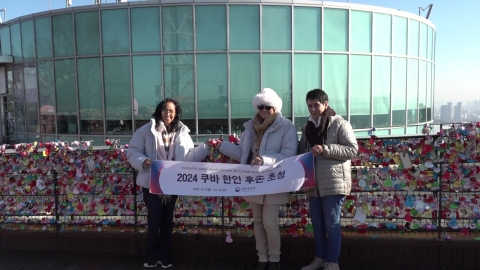 Korean Descendants of Cuba Visit Korea "The Moment Your Dream Wish Has Been Achieved"
Korean Descendants of Cuba Visit Korea "The Moment Your Dream Wish Has Been Achieved" -
재생
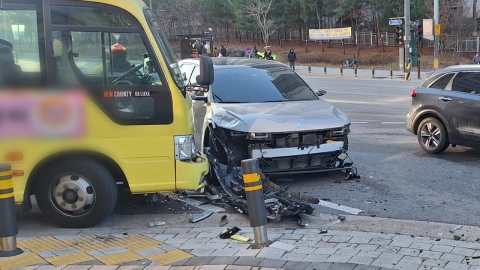 A series of 3 cars, including a kindergarten bus, in front of an apartment complex.
A series of 3 cars, including a kindergarten bus, in front of an apartment complex. -
재생
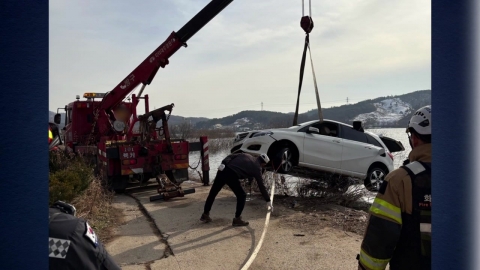 A driver in his 50s dies after falling into a reservoir in Yongin, Gyeonggi Province.
A driver in his 50s dies after falling into a reservoir in Yongin, Gyeonggi Province.



